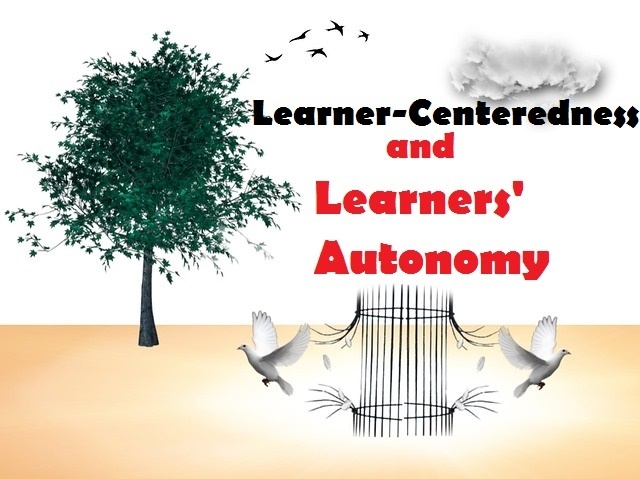Educationalists, teachers and other stakeholders have recently started to question the quality of classroom assessment in terms of its impact on students’ learning and creativity.
The issue of assessment impact or what is referred to by other specialists as ‘’Washback‘’ has been a very indispensible concern to many educators in the educational realm. This is advocated by the fact that many students see themselves as victims of the assessment policy being adopted in many language programs.
The process of victimizing students takes place in many ways. It might happen through providing students tests that are less authentic and interactive and which don’t clearly match real-life situations. Take a look at what happening in many institutions, there is a clear tendency to teach to the test. This means that the curriculum focuses heavily on preparing students for standardized and high stakes tests.
This forces instructors to shrink the curriculum to a set range of knowledge or skills in order to increase learners’ performance on such tests. However and most dangerously, this practice leads to the following ramifications: superficial learning, unhealthy focus on excessive repetition of simple, isolated skills (“drill and kill”) and the limitation of instructor’s ability to focus on an overall understanding of the subject matter.
It can be through giving invalid tests. Such tests might subsume a totally different topical knowledge or measure a different construct from the one students have been exposed to.
Another way in which assessments can swindle students’ learning is through feedback. The daunting reality of a lot of educational systems clearly indicate that the timing and the nature of feedback given, don’t properly serve students’ learning. In actuality, there is a strong empirical body of evidence to support the statement that there is a remarkable absence of constructive feedback (Black & Wiliam, 1998).
The feedback displayed by the vast majority of teachers is meaningless, irrelevant and very limited. Most of teachers’ feedback is summarized in phrases such as: “good work, try harder”. Teachers also don’t consider different types of feedback (written and spoken) to help students directly detect their weaknesses.
With all this being said, the role of schools should be developing an effectively practical approach that can ameliorate this situation. This approach should be capable of promoting positive impact that resuscitates some learning and teaching practices. One of the main features of this approach is that students should be involved in the process of designing and developing an assessment policy that take into account the when and how they should be assessed.
The development of such assessments should be a part of their needs. It should also guarantee the appropriateness, usefulness and efficiency of the testing tools used in the assessment process.
Good teaching has always been of a great succor for developing and supporting students’ learning and lifelong capacities. One of the fairly essential characteristics of good teaching is the adoption of an effective assessment approach.
Assessment can play a considerably significant role in the attainment of the pre-established goals of any particular teaching program. A good assessment approach can truthfully support students’ learning as well as measure the outcomes. It can also allow students to fully understand how to improve their work for a better life and future.
Please, Like our Facebook page and share this post if you think it can help someone understand more about classroom assessments.
References:
Black, P., & Wiliam, D. (1998). Assessment and classroom learning. Assessment in Education 5 (1), 7-74.







